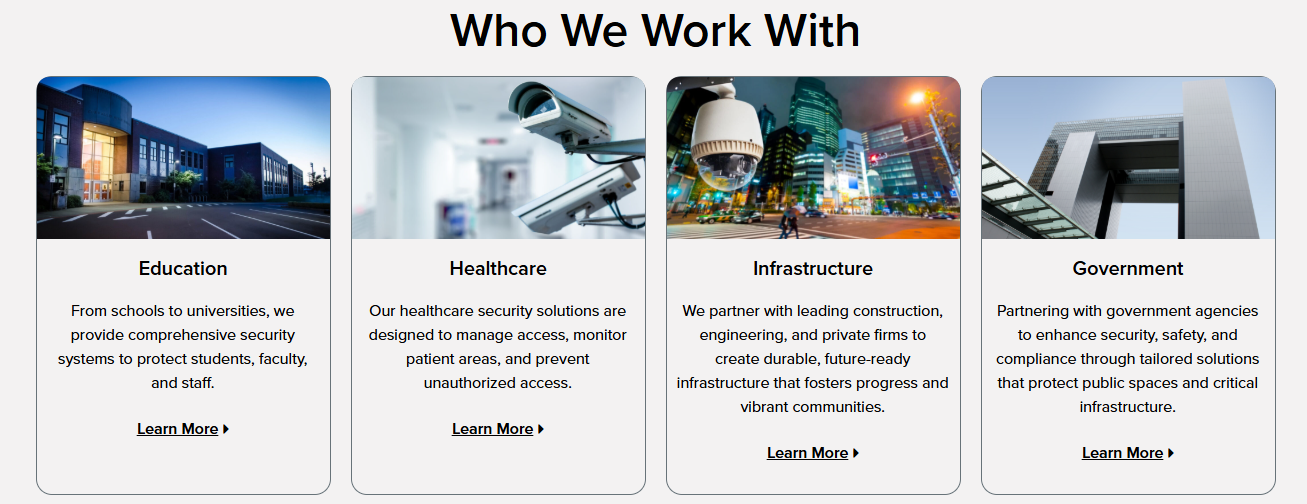The modern healthcare landscape is rapidly evolving, with patient expectations shifting toward accessibility, faster responses, and more personalized care. Medical practices face increasing challenges in balancing patient volume, urgent calls, and routine inquiries. This is where Telephone Triage Assistant come in—streamlining patient communication and ensuring no call goes unanswered. When paired with a Healthcare Assistant model, clinics can manage both administrative and clinical communication needs more effectively, ultimately improving patient care and operational efficiency.
The Growing Need for Telephone Triage in Healthcare
Telephone triage has long been a cornerstone of patient care, allowing clinics to assess medical concerns remotely and guide patients to the right level of care. With rising patient volumes, however, the demand for efficient triage systems has become more pressing.
Traditional in-house staff often struggle to balance triage calls with other responsibilities like scheduling, billing, and documentation. This can lead to missed calls, longer wait times, and frustrated patients. Telephone triage assistants fill this gap, offering professional, timely support that keeps practices running smoothly.
What Are Telephone Triage Assistant Services?
A telephone triage assistant is a trained professional who manages patient calls, assesses medical urgency, and directs individuals to the appropriate care pathway. They use established clinical protocols and follow practice-specific guidelines to ensure accuracy.
Key responsibilities include:
- Answering and prioritizing patient calls.
- Asking relevant medical questions to evaluate urgency.
- Directing patients to emergency services if necessary.
- Coordinating appointments with providers.
- Providing non-clinical information like office hours or prescription refills.
- Documenting all interactions for provider review.
Benefits of Telephone Triage Assistant Services
1. Reduced Patient Wait Times
Patients receive timely responses to urgent concerns, improving trust and satisfaction.
2. Improved Provider Efficiency
Physicians can focus on direct care while assistants manage initial assessments and routing.
3. Better Resource Allocation
By filtering non-urgent cases, practices avoid unnecessary ER visits and prioritize serious cases.
4. Cost Savings
Outsourcing triage support reduces the need for additional in-house staff, lowering overhead costs.
5. Enhanced Patient Safety
Trained assistants use structured protocols to ensure accurate decision-making and reduce risks.
Role of a Healthcare Assistant in Telephone Triage
While triage assistants manage patient calls and urgency assessments, a Healthcare Assistant complements these efforts by handling administrative and follow-up tasks. This includes:
- Coordinating care plans after triage assessments.
- Assisting with scheduling and documentation.
- Supporting providers with medical transcription and insurance claims.
- Offering ongoing communication for patient follow-ups.
Together, triage assistants and healthcare assistants create a seamless support system that enhances patient care while keeping providers efficient.
Practical Applications of Telephone Triage Assistants
Primary Care Clinics
Assistants manage high call volumes, ensuring patients with urgent conditions receive immediate attention while routine cases are efficiently scheduled.
Pediatric Practices
Parents often seek advice after hours. Telephone triage assistants provide guidance, ensuring children receive the appropriate level of care.
Specialty Clinics
For cardiology, oncology, or orthopedics, triage assistants filter calls to prioritize critical patients while routing non-urgent inquiries.
Mental Health Services
Assistants provide an empathetic first point of contact, helping patients navigate crises and directing them to emergency or routine care.
Technology That Powers Triage Services
Telephone triage assistants leverage secure, HIPAA-compliant platforms to manage patient calls and documentation. Many integrate with:
- EMRs (Electronic Medical Records).
- Appointment scheduling software.
- Call recording and monitoring systems.
- Automated follow-up reminder tools.
This ensures accurate record-keeping, better provider insights, and streamlined communication.
How Telephone Triage Boosts Patient Trust
Trust is central to healthcare. When patients know they can reach a trained assistant anytime, their confidence in the practice grows. Triage assistants provide reassurance, guidance, and immediate solutions—showing patients that their health is always a priority.
Long-Term Impact on Healthcare Providers
Practices that adopt telephone triage assistants enjoy significant benefits:
- Higher patient satisfaction scores.
- Reduced provider burnout by delegating non-clinical calls.
- Increased practice revenue through better patient retention.
- Stronger reputation for accessibility and care quality.
Integration of Telephone Triage with Digital Healthcare
In today’s hybrid healthcare environment, telephone triage works hand in hand with telehealth services. Patients may first contact a triage assistant for guidance, then seamlessly transition to a telehealth visit if appropriate. This integrated approach reduces unnecessary in-person visits while maintaining quality care.
Conclusion
The demand for timely, accessible patient care is only growing. By adopting Telephone Triage Assistant Services, medical practices can reduce administrative strain, improve patient satisfaction, and ensure safe, effective triage for every call. When combined with the support of a Healthcare Assistant, providers gain a comprehensive system that strengthens both patient care and practice operations.
Healthcare is evolving—and practices that embrace innovative solutions like telephone triage assistants are better positioned to thrive in a competitive, patient-centered environment.
FAQs
1. What is a telephone triage assistant?
A trained professional who assesses patient calls, determines urgency, and routes them to the appropriate care level.
2. Are telephone triage assistants medically trained?
They use established clinical protocols and guidelines to ensure safe and accurate decision-making.
3. Can telephone triage assistants handle after-hours calls?
Yes, many services provide 24/7 coverage to meet patient needs outside of office hours.
4. How do triage assistants support providers?
They filter calls, document interactions, and ensure only necessary cases reach the physician, saving time.
5. Are telephone triage services HIPAA-compliant?
Yes, professional triage services follow HIPAA standards to protect patient privacy.
6. Can small practices benefit from telephone triage?
Absolutely—outsourcing triage support helps smaller clinics manage patient calls without expanding staff.
7. How do telephone triage assistants integrate with EMRs?
They document calls directly into EMR systems or provide secure reports for provider review.
8. Do patients trust telephone triage assistants?
Yes, because they offer immediate responses and clear guidance, building stronger patient relationships.



